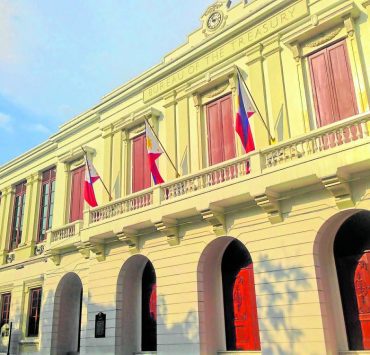Soaring prices in Indonesia dampen Eid travel, holiday spirit
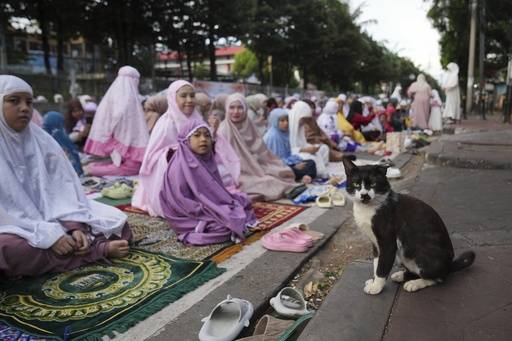
JAKARTA—The usual festive mood of Eid al-Fitr holiday to mark the end of the Islamic holy month of Ramadan has been subdued in Indonesia this year as people grapple with soaring prices for food, clothing and essential goods.
Consumer spending ahead of the biggest religious holiday for Muslims, which was celebrated on Sunday in Indonesia, has declined compared to the previous year, with a predicted slowdown in cash circulation due to fewer travelers.
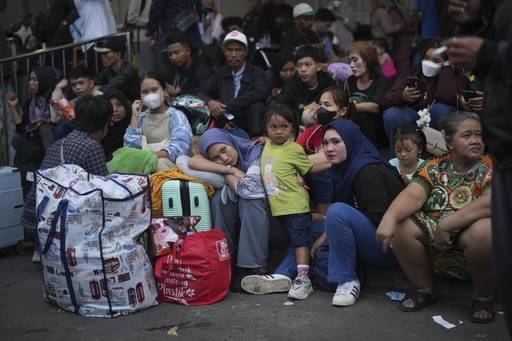
Each year in Indonesia, nearly three-quarters of the population of the world’s most populous Muslim-majority country travel for the annual homecoming known locally as “mudik” that is always welcomed with excitement.
People pour out of major cities to return to villages to celebrate the holiday with prayers, feasts and family gatherings. Flights are overbooked and anxious relatives weighed down with boxes of gifts form long lines at bus and train stations for the journey
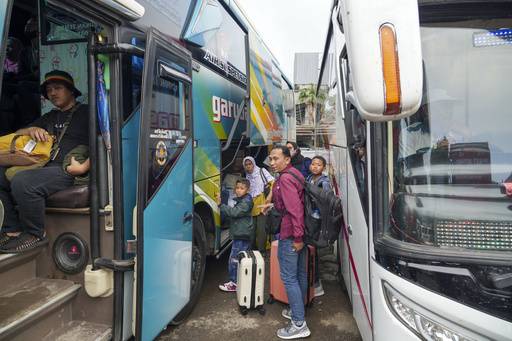
But this year the Transportation Ministry said Eid travelers reached 146 million people, a 24% drop from last year’s 194 million travelers.
The Indonesian Chamber of Commerce and Industry projects that money circulation during Eid will reach 137.97 trillion rupiah ($8.33 billion), down from 157.3 trillion last year. The weakening purchasing power is also reflected in Bank Indonesia’s Consumer Confidence Index which dipped to 126.4 in February from 127.2 in January.
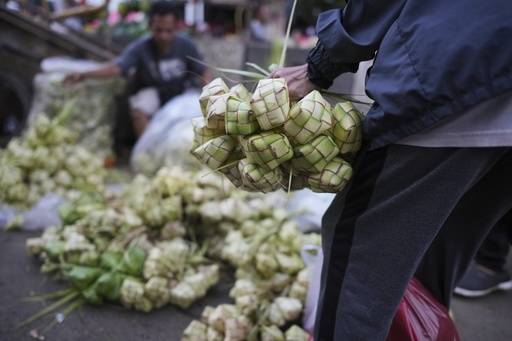
Economic strain
Bhima Yudistira, executive director of the Center for Economic and Law Studies, or Celios, said those trends indicate the economy is under strain, driven by economic hardship, coupled with currency depreciation and mass layoffs in manufacturing.
“These have weakened both corporate earnings and workers’ incomes that suppress consumer spending,” Yudistira said, adding he “expects a less vibrant festive season.”
He said the festive spirit has been stifled by harsh economic realities, as soaring prices and dwindling incomes force residents to prioritize survival over celebration.
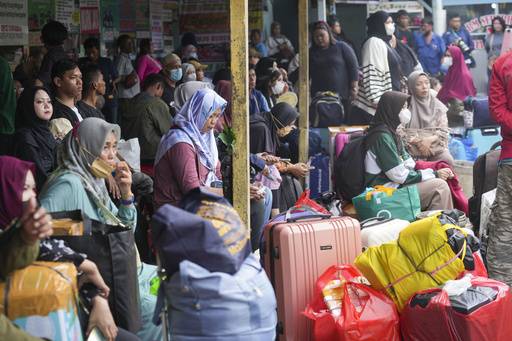
Traditionally household consumption is a key driver of Indonesia’s GDP. It contributed over 50% to the economy last year, helping push annual growth to 5.11%. However, consumer spending in 2025 is expected to be more subdued, Yudistira said.
Despite the downturn, the government remains optimistic that the Ramadan and Eid momentum will support economic growth in the first quarter of 2025.
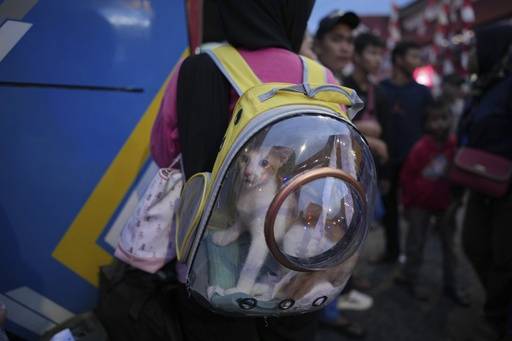
“Eid usually boosts the economy through increased spending,” Chief Economic Affairs Minister Airlangga Hartarto said ahead of the Islamic holiday.
The government recently introduced incentives to stimulate economic activity, including airfare and toll road fee discounts, nationwide online shopping events, direct cash assistance for 16 million households, electricity bill reductions for low-consumption customers, and tax exemptions for labor-intensive sectors.
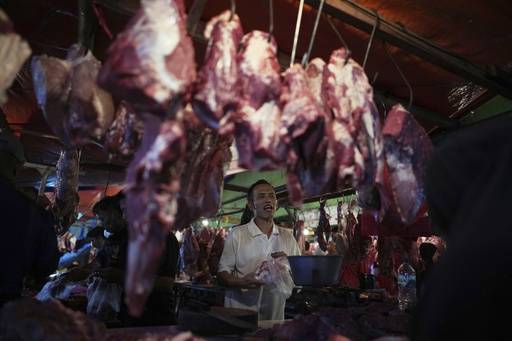
“With these programs in place, the government hopes to sustain consumer spending and support economic stability,” Hartarto said.
The situation has also affected Endang Trisilowati, a mother of four, who said her family had to scale down their festivities budget.
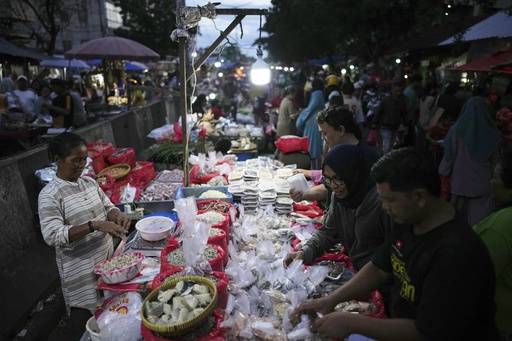
“Honestly, the economic hardship is affecting us,” Trisilowati said. She described how she used to cook different dishes every Eid and invite neighbors, but now she can only afford a simple meal for her family.
“Many have resorted to just finding a way to eat on that festivity, but the spirit is low,” she said.














